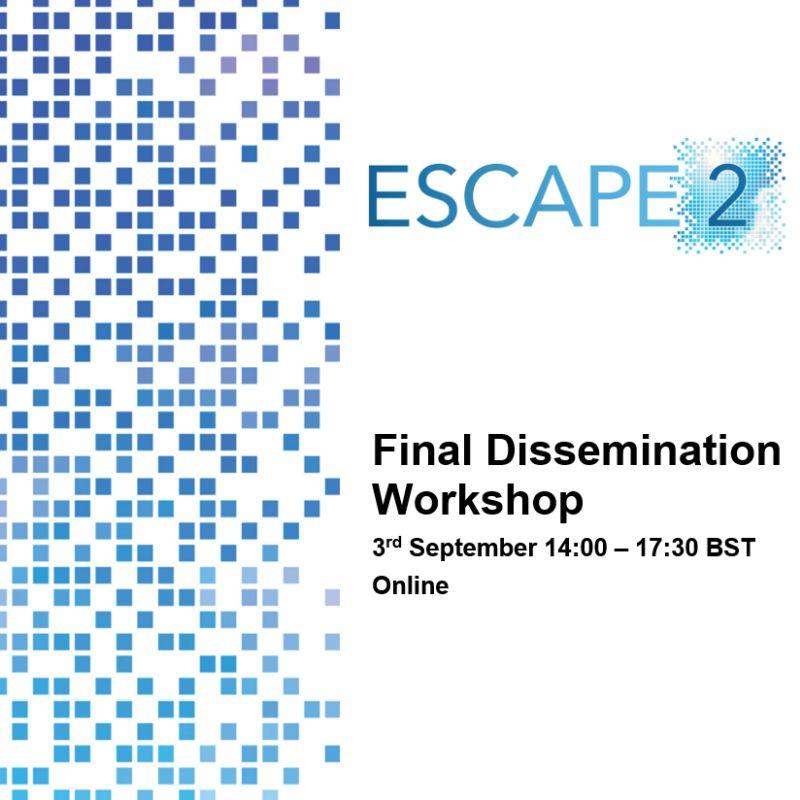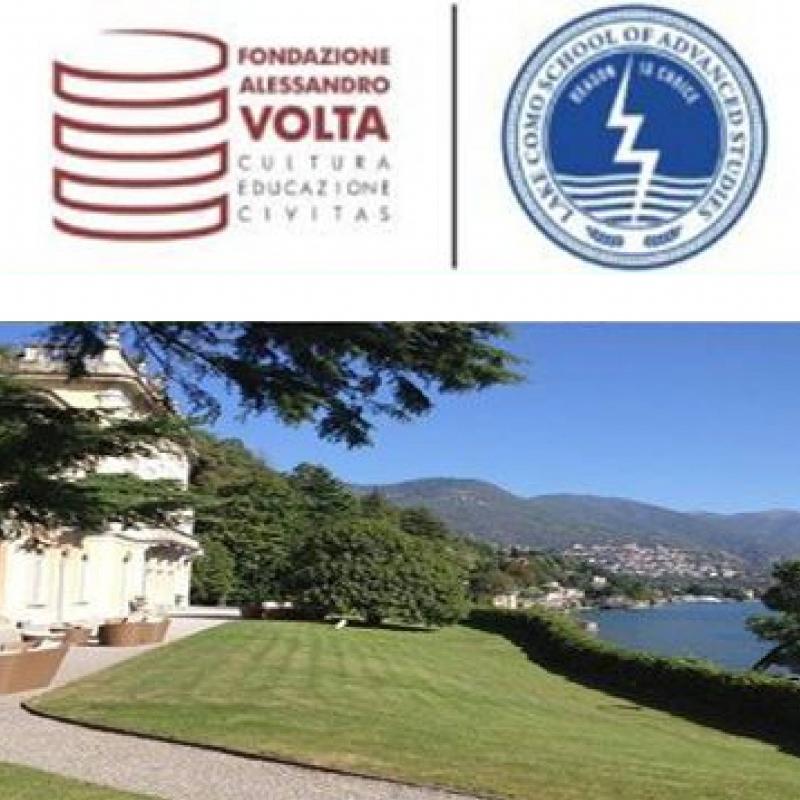MOX - Modelling and Scientific Computing, Dipartimento di Matematica, Politecnico di Milano, 23-24 January 2019
Workshop description
With the growing number of processors on the way to exascale, hardware and software-related failures in operational weather prediction are bound to become a regular occurrence. A range of computational approaches is available to supply models with fault-tolerance and data recovery capabilities. Channeling these efforts into a resilience framework will improve parallel performance and sustainability for the building blocks of existing and future atmospheric models.






